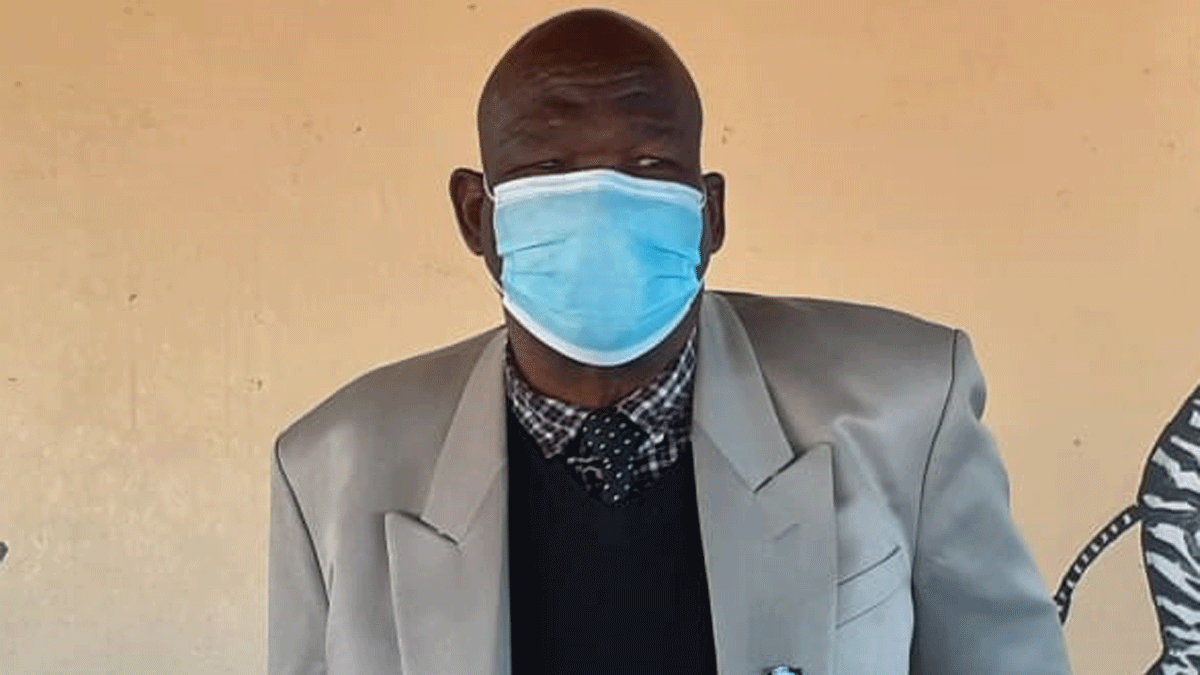In the past, Zimbabwean healthcare workers could go on strike for months, even leaving patients to die as they protest their grievances.
However, those days will soon be consigned to the past.
Vice President and Health Minister, General Constantino Chiwenga, has literally used military style tactics of barking commands which should be ‘adhered to or face the consequences’ to bring an end to the weeks-to-months long industrial actions that have plagued the health sector in recent years.
On Tuesday, government announced it has amended the Health Services Act. Under the new provisions, doctors and nurses working in public health institutions will no longer be allowed to go on strike for an uninterrupted period spanning more than three days.
Medical professionals will also be required to provide care to patients in a medical emergency or those needing critical or intensive care during a legal collective job action.
While these amendments are yet to be passed into law, it’s common knowledge that once on paper, it’s as good as done.
Of course these have been met with heavy criticism as people feel that the government, or the VP to be precise, has taken his military style of doing things too far.
The general feeling is that the government should instead engage the healthcare workers and address their concerns as they never go on strike for fun.
In the last industrial action, which lasted more than 90 days, doctors and nurse were demanding improved working conditions and better pay, concerns which are quite genuine as nurses in Zimbabwe earn an average of US$200 (about P2, 000).
I must say though, that this particular drawn-out industrial action by doctors and nurse in 2019 conjures up poignant memories as I lost my father during that period.
To this day I still believe my father would have lived if he had gotten medical attention.
Instead he became another statistic to the effects of the long strike which the government seemed to turn a blind eye to.
Although I am also of the view that this latest government approach may not be the best, a part of me is very much agreeable to the clause which states that medical professionals will be required by law to provide care to patients needing critical or intensive care.
My father needed that care when he was ill but he never got it as the doctors had downed their tools.
It was sad then and still is to this day hence my view that doctors should be compelled to save lives despite their grievances.
The other fear of course is that this latest move by the government will trigger a massive brain drain in the health sector as these professionals will obviously be on the lookout for better working conditions in other countries.














